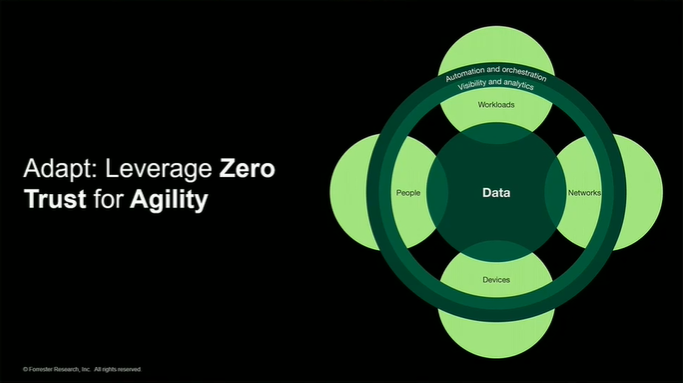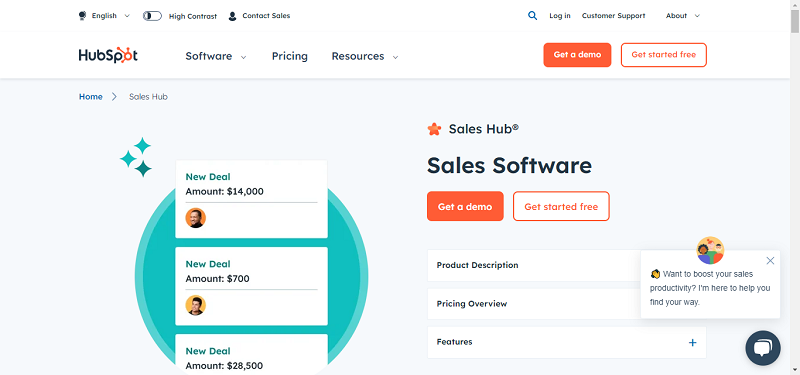Cloud-Based Contracting
Most of us have a perpetual pile of paper somewhere on our desks. The individual items in that stack might change from day to day, but much of it sits for quite some time before it attracts our attention.
For organizations dependent on contract completion, that omnipresent pile of paper is a business killer. The rise of cloud-based contracts is helping enterprises in multiple industries avoid the paper pushing that can bog down the closure of a deal. These companies are building on the wide acceptance of electronic signatures and adopting Web-based services that enable their customers to receive, negotiate, amend and sign e-contracts quickly and easily. The results are beneficial for customers and companies alike.
Among the ways cloud-based contracting builds business are these:
- Cloud-based contracts make it easier for customers to bring their business to a company. Businesses work hard to attract customers. They shouldn’t put up barriers at the final stage of a sale with complicated, drawn-out, paper-based contract processes. Digitally delivered contracts make it as easy as possible to get a contract signed, managed and returned.
- Faster sales cycles lead to more time for core business tasks. E-signing applications shrink contract completion from weeks or days to hours or minutes, and accelerating the sales cycle frees more resources for the core business of selling.
- Electronic contracts yield increases in revenue and customer loyalty. When deals close faster, businesses can provision products and services more quickly, invoice the customer sooner and register the revenue in a timelier manner. This faster service benefits customers as well, who are likely to view it as a competitive differentiator.
- It’s easier to search, finalize and retrieve cloud-based contract data. Everyone in the sales process can see where a deal stands when contracts are digitally stored. Additionally, the easy access to the cloud means that sales reps. can refer quickly and easily to past deals when working with customers on current offers. The post-sales work is minimal with cloud contracting, as well. Sales representatives find that Web-based contracting lets them send reminders, track contract status and reduce their post sales follow-up efforts by as much as 50 percent.
- The legality of e-signatures is well established, and consumers recognize the cultural norms surrounding use of the technology. Adopting cloud-based contracts doesn’t carry the risk that often comes with a new, technology-based process. Since the passage of the ESIGN act in 2000, electronic signatures are as binding as their ink counterparts. Furthermore, most consumers have some experience signing electronically and are likely to accept the introduction of cloud-based contracts. To smooth the move toward the cloud, however, businesses should let recipients know beforehand that expected documents will arrive electronically and can be signed that way, as well.
- The returns on cloud-based contracting are significant and rapid. Cloud-based contract management often pays for itself within a month. Moving to e-signatures delivers fast, tangible returns on investment capable of transforming sales and the departments that support it, including legal, finance, product delivery and professional services.
Cloud-based contracts and digital signatures can reduce sales cycles by 200 to 400 percent, freeing sales reps. to work on bringing in new revenue, shrinking the personnel hours required for administrative tasks, and creating a positive, secure contract-signing experience for customers. When prospects can quickly complete intuitive Web-based tasks instead of shuffling piles of paper, they are more likely to close deals and come back for future business.
By Jason Lemkin





